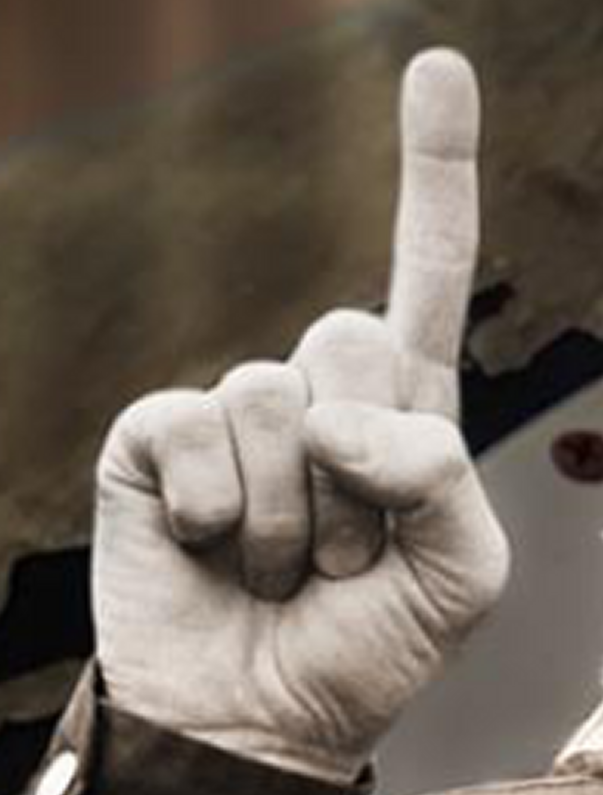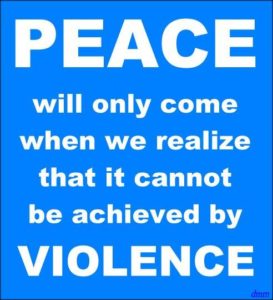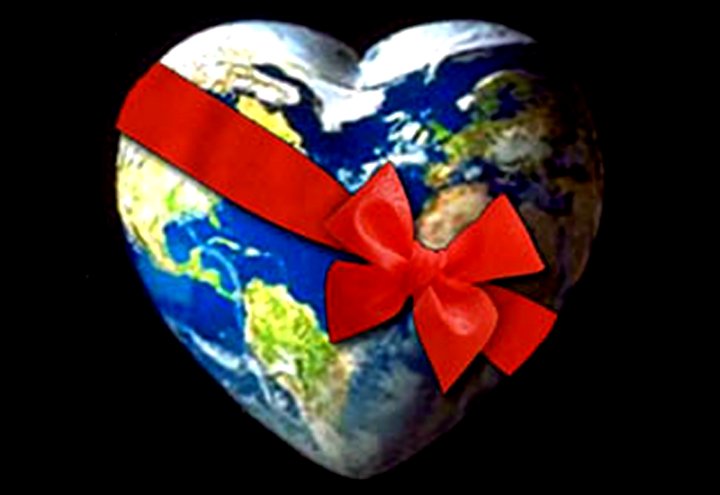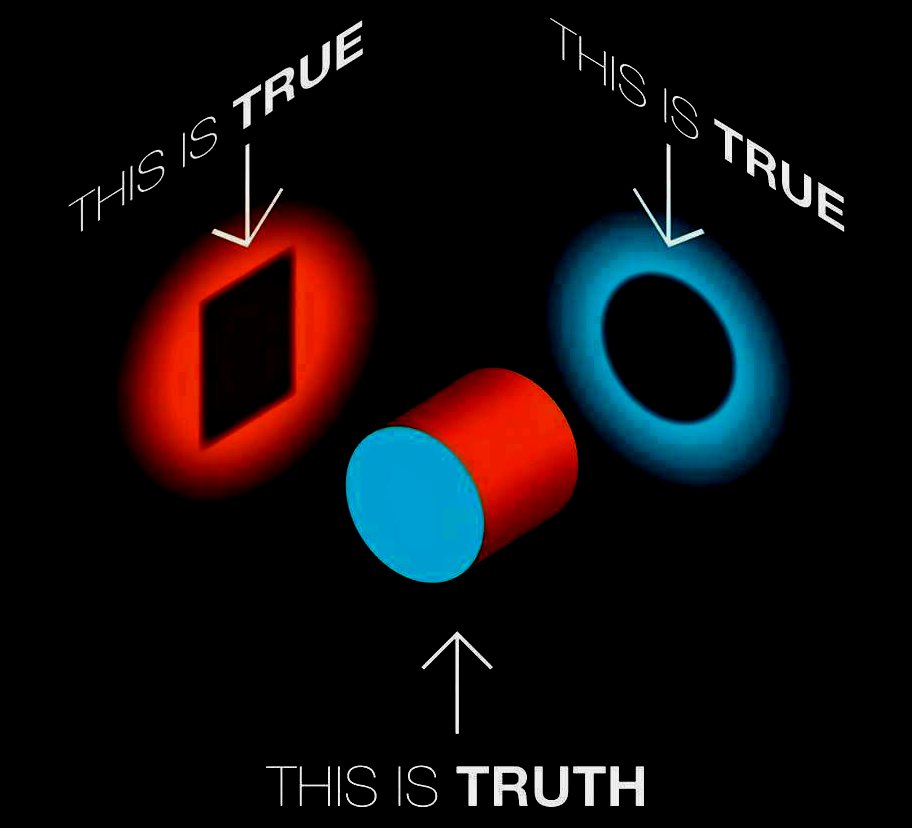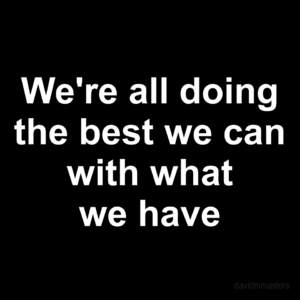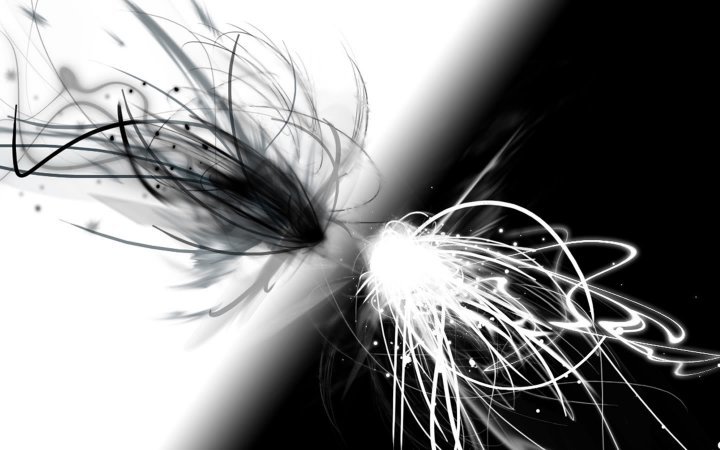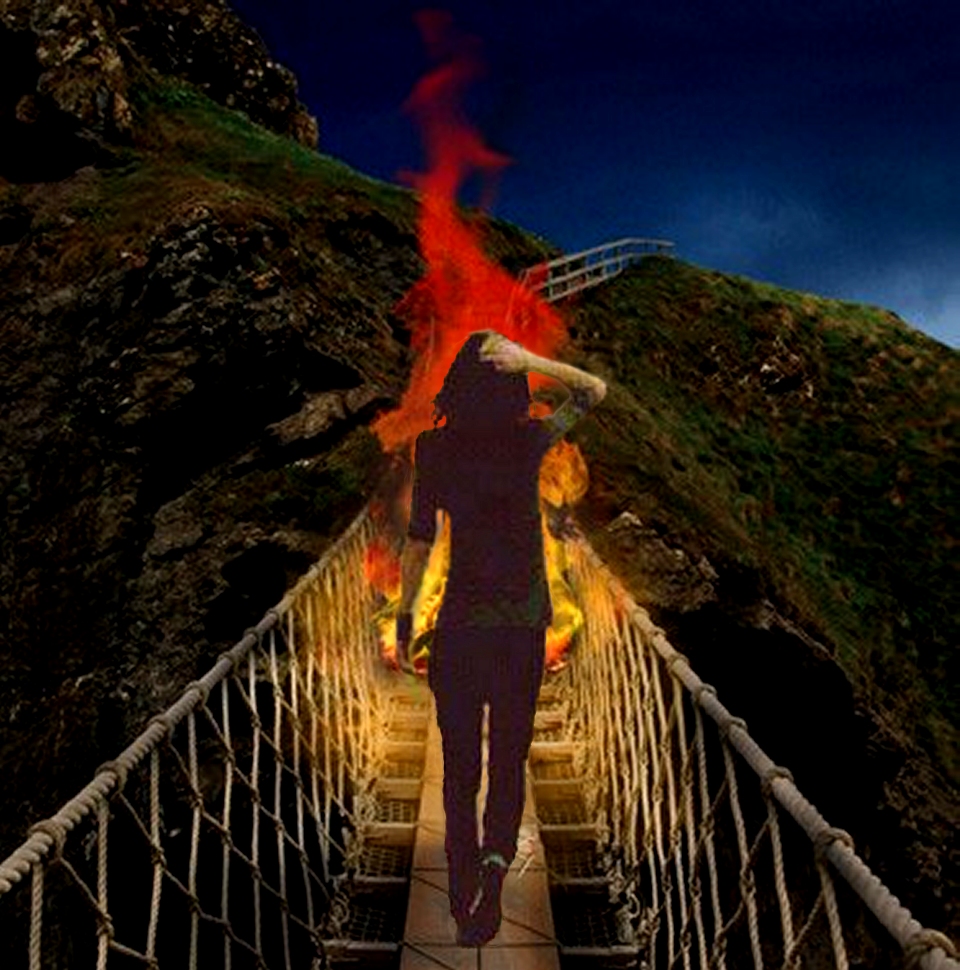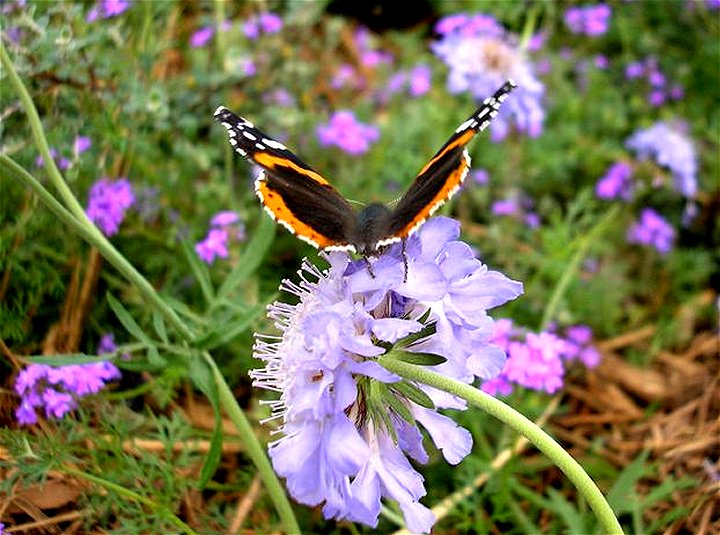I am one. We are one. I am a divinely made unique individual. I am also one part of the body of like-minded individuals who are united in faith, as well as one with all who are blessed to call this planet our home.
Imagine if this were true. What would that look like?
A celebration of individuality and collectiveness simultaneously. Neighbors as brethren, lifting each other up, loving and helping each other for the common good. If my brother or sister is in need, wouldn’t I find a way to help him or her in his or her time of need? Absolutely.
Younger generations would have no compulsion for separation. No prejudice. No social cliques. No murmuring or conspiring behind someone else’s back. No bullying. This could be the loving example that would lead to healing future generations.
If we, as the human race, could see each one of us as a part of everyone else, this is the path to peace and harmony for the future. For if I disrespect you, I am disrespecting myself. I honor you, just as much as I expect you to honor me.
What would be the need for war in a world like that? Your land is my land. Your oil is my oil. Your son or daughter is my son or daughter. Just as I would not kill my own son or daughter, I would not even think of having my son or daughter kill your son or daughter.
Peace will only come when we realize that it cannot be achieved by violence.
You cannot legislate love. You cannot fight, argue, debate with, imprison or kill enough people to proliferate love. Only love can perpetuate love.
And faith? Your Beliefs? They should be as unique as you are. Believe what you like based on who and where you are at the time because while we are individually unique, we are also each other expressed in different ways.
Just like in me, there are many facets that make up who I am on this day at this moment, and I am ever-changing and evolving as I interact with those around me, within the circumstances and the environment in the world where I live.
I may believe one thing today and another thing tomorrow based on new information or experience. I expect to be respected for doing the best with what I have and reciprocate such respect to anyone else.
I see a world where we all are grateful for the life with which we have been gifted, so we care for each other and respect the world that we have been bequeathed. I love the idea of reforestation. I am so glad that we are going there.
The idea that as we take something from our environment to benefit us in any given way, we honor the earth’s sacrifice by replenishing it as best we can, is impressive and can be extrapolated to include all resources. Our planet is a closed system. We have abundant yet limited resources. Let’s use them with gratitude, wisely, giving back as we consume responsibly.
If we have faith and love it should be apparent as a part of our life’s expression, without fear, separation, disrespect, the threat of harm, loss, or destructive violence. Instead edifying each other’s uniqueness in love as we are all a part of the “us” that makes the world go round.
In honor of this authentic synergy of myself, the peoples around me and abroad, and the planet for all that she does to support us all, I often find myself sending love to the world, for an even brighter future for all life.
